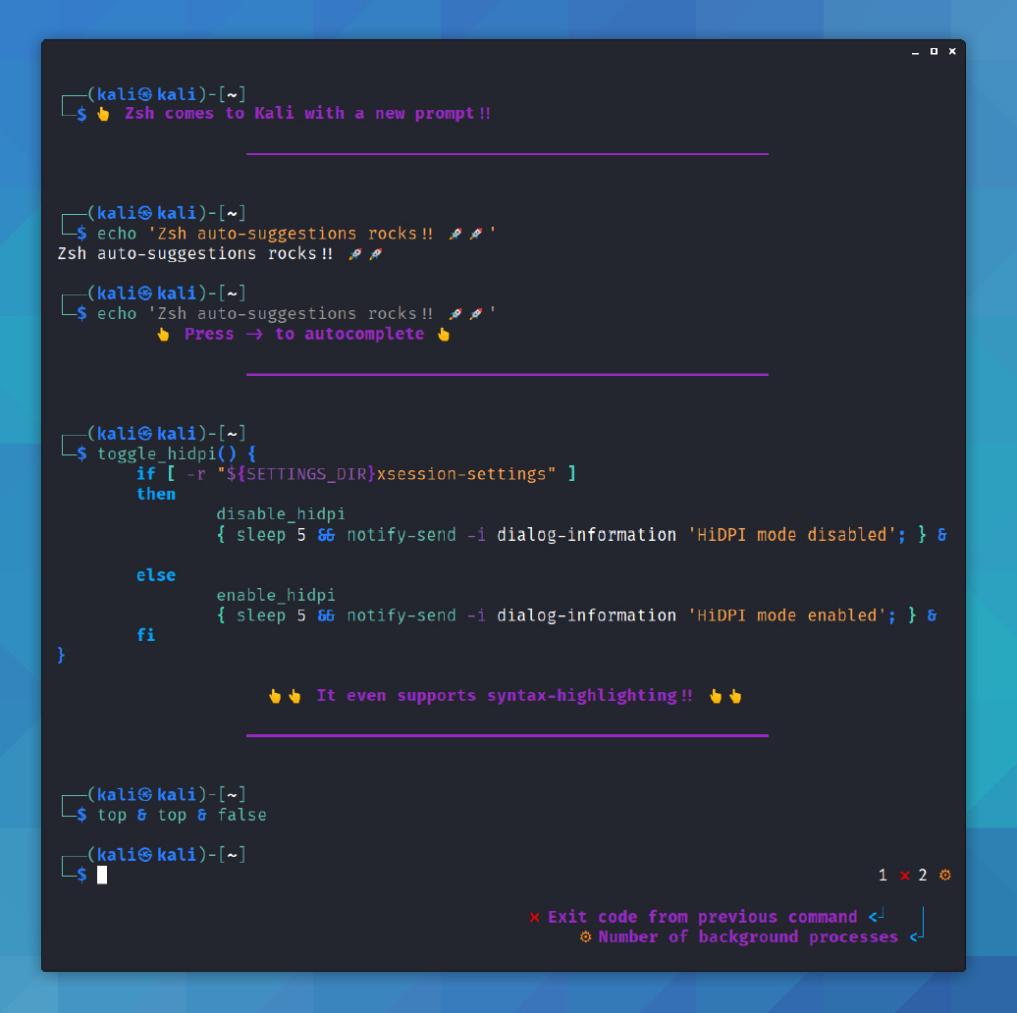Unlocking the Power of Zsh Plugins: A Hands-On Guide
Zsh, a popular Unix shell, offers a vast array of plugins that extend its functionality and enhance the user experience. These plugins provide a plethora of features, from customizable prompts and themes to advanced command completion and syntax highlighting. In this comprehensive guide, we will delve into the world of Zsh plugins, exploring their significance, types, installation methods, and popular examples. We will also provide hands-on instructions for installing and configuring plugins, enabling you to unleash the full potential of Zsh.

Understanding The Zsh Plugin Ecosystem
Types Of Zsh Plugins:
- Core Plugins: Pre-installed plugins that provide basic functionality.
- Community-Developed Plugins: Plugins created and maintained by the Zsh community.
- Custom Plugins: Plugins developed by individual users for specific needs.
Discovering And Installing Zsh Plugins:
- Popular Repositories: GitHub, Oh-My-Zsh, and Antigen are popular repositories hosting a wide range of Zsh plugins.
- Package Managers: Zsh package managers like zplug, zgen, and prezto simplify the installation and management of plugins.
Managing Zsh Plugins:
- Loading Plugins: Plugins can be loaded manually or automatically using configuration files.
- Unloading Plugins: Plugins can be unloaded to free up resources or troubleshoot issues.
- Updating Plugins: Plugins should be regularly updated to ensure compatibility and access to the latest features.
Hands-On Guide To Installing And Using Zsh Plugins
Step-by-Step Instructions For Installing Plugins:
- Using Oh-My-Zsh: Oh-My-Zsh is a popular framework that includes a large collection of plugins and themes.
- Using Antigen: Antigen is a plugin manager that simplifies the installation and management of plugins.
- Manual Installation: Plugins can also be installed manually by copying the plugin files to the appropriate directory.
Configuring Zsh Plugins:
- Editing Configuration Files: Plugin configuration files allow users to customize plugin settings and behavior.
- Setting Plugin Options: Plugins often provide options that can be set to modify their functionality.
Activating And Deactivating Plugins:
- Enabling Plugins: Plugins can be enabled by loading them in the Zsh configuration file.
- Disabling Plugins: Plugins can be disabled by removing them from the Zsh configuration file.
Popular Zsh Plugins And Their Features
Oh-My-Zsh:
- A comprehensive framework with numerous plugins and themes.
- Provides a customizable prompt, syntax highlighting, and auto-completion.
Powerlevel10k:
- A powerful prompt theme with extensive customization options.
- Offers a variety of segments, colors, and fonts to create a personalized prompt.
Autojump:
- Enables seamless directory navigation with quick access to frequently visited directories.
- Allows users to jump to directories by typing a few characters of the directory name.
Zsh-Autosuggestions:
- Provides intelligent command completion for faster and more accurate typing.
- Learns from the user's command history and suggests possible completions.
Zsh-Syntax-Highlighting:
- Enhances readability and debugging with syntax highlighting for various languages.
- Highlights keywords, strings, and comments in different colors.
Advanced Techniques For Zsh Plugins
Creating Custom Zsh Plugins:
- Users can develop their own plugins for specific needs.
- Custom plugins can be created using Zsh's scripting language.
Integrating Zsh Plugins With Other Tools:
- Plugins can be integrated with other tools to enhance functionality.
- For example, plugins can be used to integrate with version control systems or task management tools.
Troubleshooting Common Issues:
- Resolving errors and optimizing plugin performance are essential for a smooth Zsh experience.
- Common issues include plugin conflicts, incorrect configuration, and outdated plugins.
Zsh plugins are a powerful tool that can significantly enhance the user experience. They provide a wide range of features, from customization to efficiency and productivity. By exploring and experimenting with different plugins, users can unleash the full potential of Zsh and tailor it to their specific needs. Whether you are a seasoned Zsh user or just starting out, the world of Zsh plugins awaits your exploration.
YesNo

Leave a Reply